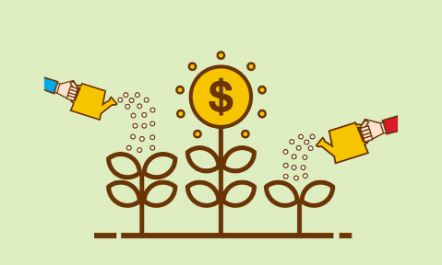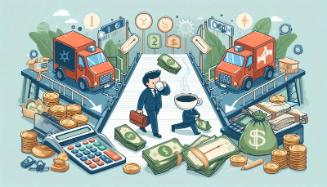Recession in 2025? How Economic Slowdown Could Impact You
With economic uncertainty rising, many fear a possible recession in 2025. Learn about key warning signs, government policies, and smart financial strategies to stay ahead.
Will 2025 bring a recession? Explore expert predictions, economic indicators, and strategies to safeguard your finances during a potential downturn.
Introduction – Is a Recession Coming in 2025?
Global markets have been volatile, inflation remains a concern, and central banks continue to adjust policies. Many economists warn of a possible recession in 2025. But what does this mean for businesses, consumers, and investors? This article explores the factors driving economic uncertainty and how you can prepare for potential challenges ahead.
What Causes a Recession? Key Economic Indicators
A recession is defined as a period of declining economic activity, typically marked by two consecutive quarters of negative GDP growth. Common warning signs include:
- High inflation: Rising prices reduce consumer purchasing power.
- Interest rate hikes: Central banks raise rates to curb inflation, which can slow economic growth.
- Stock market volatility: Investor panic and declining corporate earnings contribute to market downturns.
- Rising unemployment: Job losses indicate a struggling economy.
- Declining consumer spending: Reduced demand can slow business growth and investment.
How a Recession Affects Everyday Life
A recession impacts people in various ways:
- Job security concerns: Companies may freeze hiring or lay off employees.
- Rising loan and mortgage costs: Higher interest rates make borrowing expensive.
- Stock market downturns: Investment portfolios may experience losses.
- Lower business profits: Small businesses and startups may struggle to survive.
Government Measures to Prevent a Recession
Governments and central banks implement various policies to counter a recession, including:
- Lowering interest rates to stimulate borrowing and investment.
- Providing economic stimulus packages to support businesses and consumers.
- Increasing government spending on infrastructure and public programs.
- Encouraging job growth through tax incentives and subsidies.
How Investors Can Prepare for a Recession
Investors can take proactive steps to safeguard their wealth:
- Diversify your portfolio: Avoid putting all your money into one asset class.
- Invest in defensive sectors: Healthcare, utilities, and consumer staples tend to perform well.
- Hold cash reserves: Having liquidity allows you to take advantage of market dips.
- Consider bonds and dividend stocks: These assets provide stability and steady income.
Smart Financial Strategies to Navigate a Recession
- Build an emergency fund: Aim for at least 6 months of living expenses.
- Reduce high-interest debt: Focus on paying off credit cards and loans.
- Cut unnecessary expenses: Prioritize essential spending and save where possible.
- Look for additional income sources: Side hustles and freelancing can provide extra stability.
Global Economic Outlook for 2025
While some experts predict a mild recession, others believe the economy may stabilize due to government interventions and technological advancements. Key factors such as geopolitical tensions, supply chain recovery, and energy prices will determine the economic trajectory.
Preparing for an Uncertain Future
While a recession is not guaranteed, it is always wise to be financially prepared. By understanding economic trends, making informed investment choices, and practicing sound financial habits, you can safeguard your wealth and navigate any economic downturn with confidence.








